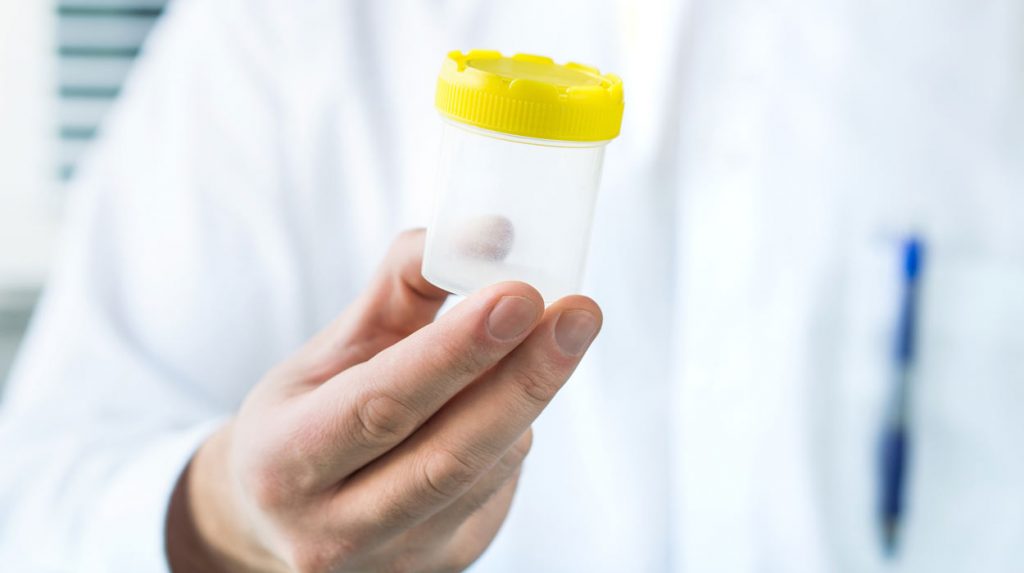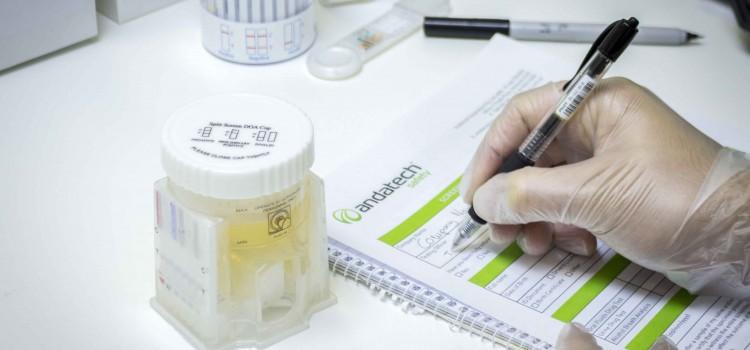CBD oil has undoubtedly received significant attention in recent years. Nowadays, many consumers use it to address various problems, including anxiety, sleeplessness, and severe pain. However, employers are now battling with CBD-related regulations for their employees. Especially employees looking to reveal pains from work injuries using CBD.
Where Do We Stand Now?
So, where are we right now? Eleven states have legalized the possession of limited quantities of marijuana for recreational purposes for adults. Yet, other states have comprehensive medical marijuana policies and allow the use of low-THC products to treat medical conditions.
One businessman in Pennsylvania requested a judicial review of an unemployment order. The order determined that the employee was not qualified for unemployment benefits. The incident occurred after the employee confessed to using CBD oil, tested positive for marijuana, and was fired.
Furthermore, the company had a protocol that specified that being under the effect of narcotics or having narcotics in one’s system while still at work was grounds for dismissal. On the other hand, the worker stated that she only used CBD to treat cancer-related discomfort before taking the drug test.
Eventually, the court determined that the worker didn’t violate the company’s drug policy since the CBD oil consumed was not a narcotic. The company obtained no proof that the oil swallowed would impair the employee’s performance in manners forbidden by the regulation.
How Companies Should Address CBD in Their Drug Testing Policies
 Employers can typically restrict marijuana usage in their facilities, even if a worker is lawfully permitted to take it for therapeutic purposes under state law. Furthermore, job applicants and employees who test positive for THC may be rejected or dismissed if the company has a policy in place.
Employers can typically restrict marijuana usage in their facilities, even if a worker is lawfully permitted to take it for therapeutic purposes under state law. Furthermore, job applicants and employees who test positive for THC may be rejected or dismissed if the company has a policy in place.
On the other hand, managers will need to learn how to deal with circumstances in which an employee obtains a positive drug test result as a result of consuming CBD.
Employers must educate their managers on this topic and thoroughly research the CBD and restricted drugs legislation in their region.
Suppose an employee uses CBD oil privately and tests positive for THC. In that case, it is a smart choice for managers to withhold from making decisions until they have a dialogue with the individual.
So, if an employee is not intoxicated in the workplace, an employer may opt to make an exception to its marijuana policy.
After all, dealing with positive drug tests in which an employee cites the usage of a legitimate CBD product may entail a case-by-case evaluation. Furthermore, before modifying company drug policy, employers must check with their legal experts.
Conclusion
The most prevalent cause of a failed CBD drug test is using a CBD oil product containing THC. In principle, obtaining a positive result on a drug test from CBD oil with less than 3 percent THC is thought to be nearly impossible.
Even so, employers and employees must be aware that the cannabis sector is still largely uncontrolled. Thus, employers should consult with legal professionals and be prepared to be adaptable until other CBD laws and regulations exist.
